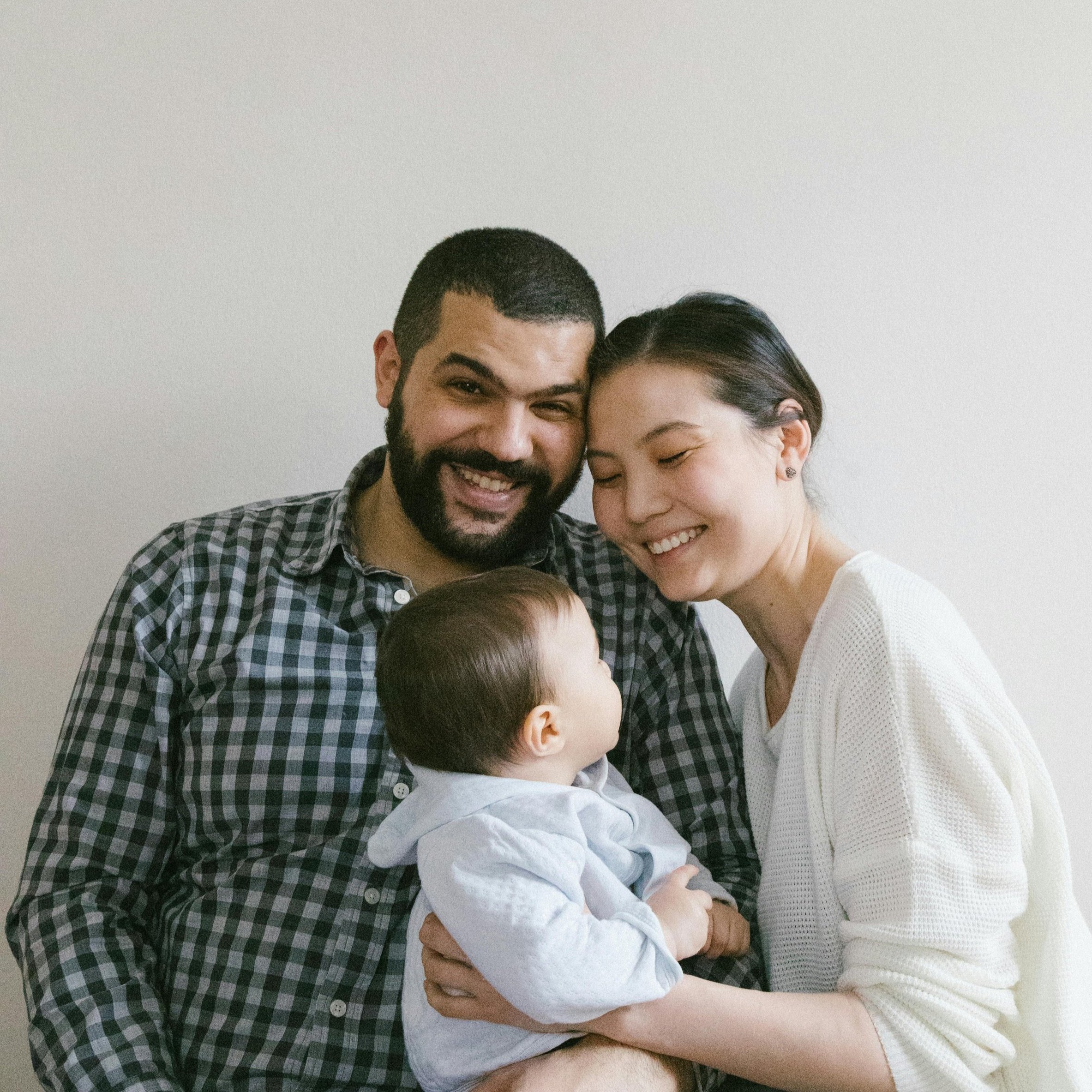How Good Couples Therapy Helps Interracial Couples, Especially Asian-Non-Asian Partners
4 minute read
If you’re struggling with cultural differences in your relationship, seeking therapy with a professional experienced in interracial dynamics can make all the difference. Your relationship deserves the support to grow, evolve, and thrive—regardless of cultural backgrounds.
How Good Couples Therapy Handles Interracial Relationship Challenges
If you’re in an interracial relationship—especially one between an Asian partner and a non-Asian partner—you may have faced unique challenges. Cultural differences, family expectations, and communication styles can all play a role in how conflicts arise and how they are resolved. The good news? A skilled couples therapist can help navigate these challenges in a way that strengthens your relationship rather than breaking it apart. Here’s how.
Understanding Cultural Differences Without Blame
One of the most common issues interracial couples face is navigating cultural differences. Whether it’s the role of extended family, communication styles, or even different expectations around finances, these differences can create tension. A good therapist helps you and your partner recognize these differences without assigning blame. Instead of viewing them as obstacles, therapy reframes them as opportunities to learn and grow together.
For example, research by Dr. John Gottman, a leading relationship psychologist, shows that successful couples develop "love maps"—a deep understanding of each other’s inner worlds, including cultural backgrounds and personal values (Gottman & Silver, 1999). A therapist trained in multicultural relationships can help you and your partner build these love maps, so you better understand where each other is coming from.
Addressing Family and Social Expectations
If you’re the Asian partner in an interracial relationship, you may have experienced pressure from family regarding dating and marriage. Traditional expectations, such as prioritizing family approval, marrying within the same ethnicity, or specific gender roles, can create stress in your relationship.
Good couples therapy helps you navigate these expectations without feeling torn between your partner and your family. Therapists encourage open dialogue where both partners feel heard and validated. Studies show that interracial couples who openly discuss family concerns have higher relationship satisfaction (Fu et al., 2001).
Bridging Communication Gaps
Communication styles can differ significantly between cultures. Many Asian cultures emphasize indirect communication, harmony, and non-confrontation, while Western cultures often prioritize directness and individual expression (Ting-Toomey, 1999). This can lead to misunderstandings, where one partner may feel unheard, and the other may feel frustrated.
A skilled therapist helps you identify these differences and develop a communication style that works for both of you. Tools like emotion-focused therapy (EFT) have been shown to improve emotional connection in couples, particularly when navigating cultural misunderstandings (Johnson, 2004). Learning how to express needs in a way that resonates with your partner can be a game-changer for your relationship.
Overcoming Racism and Microaggressions
Interracial couples—especially those involving an Asian partner—may experience societal biases or microaggressions. Whether it’s assumptions about cultural stereotypes or insensitive comments from family or strangers, these experiences can be hurtful.
A therapist who understands racial dynamics helps you process these moments together, rather than letting them become a source of division. Research indicates that couples who support each other in facing external discrimination have stronger bonds (Le & Chou, 2018). A therapist guides you in developing coping strategies and reinforcing your partnership as a team.
Strengthening Your Relationship Through Therapy
At its core, good couples therapy is about helping you and your partner build a relationship that feels safe, connected, and resilient. It’s not about erasing cultural differences but embracing them in a way that strengthens your bond. Whether through better communication, navigating family pressures, or addressing social challenges, therapy provides the tools to help your relationship thrive.
If you’re struggling with cultural differences in your relationship, seeking therapy with a professional experienced in interracial dynamics can make all the difference. Your relationship deserves the support to grow, evolve, and thrive—regardless of cultural backgrounds.

